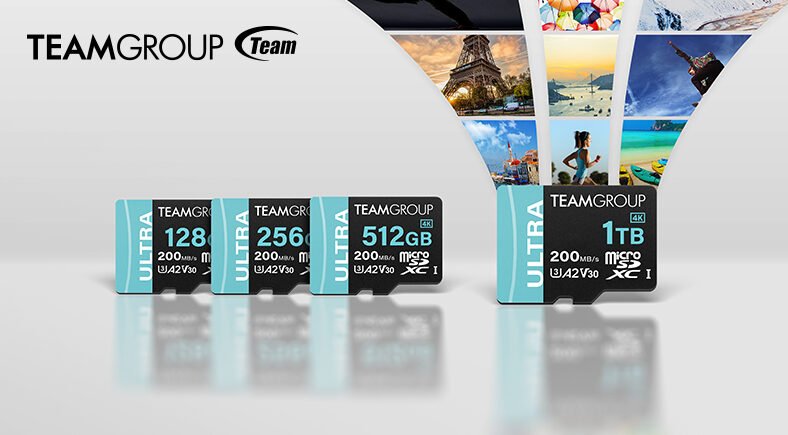
Specifications of the Next-Gen Ryzen 4000 CPUs have been leaked through confidential AMD documents. Official information regarding AMD’s next-generation Ryzen 4000 CPU family based on the Zen 3 core architecture has been unveiled in the confidential document received by Wccftech from CyberCatPunk.
The Ryzen 4000 series processors, which will be based on the Zen 3 architecture been confirmed by AMD to launch on October 8. Based on TSMC’s 7nm+ EUV process, the Zen 3 architecture is said to be a much-improved one than Zen 2.
The confidential documents reveal new information regarding the upcoming Vermeer CPUs. The AMD Vermeer Desktop CPU family is named as the AMD Family 19h Model 21h B0. According to the documents, the AMD Zen 3 based Ryzen 4000 AM4 CPUs have been designed for use in high-performance desktop platforms.
The Ryzen 4000 CPUs will feature up to two CCD’s (Core/Cache Complex Dies) and a single IOD (I/O Die). The CCD design has changed for Zen 3 and the Zen 3 CCD will contain a single CCX that will feature 8 cores that can run in either a single-thread mode (1T) or a two-thread mode (2T) for up to 16 threads per CCX. The Zen 2 had two CCX’s per CCD.
The Zen 3 Ryzen 4000 CPU chips can feature a maximum of two CCDs which results in the core and thread count maxing out at 16 cores and 32 threads. The max core/thread seems to be the same as the last-gen Ryzen 3000 series CPUs.
In Zen 3 CPUs, each core will feature 512 KB of L2 cache for a total of 4 MB of L2 cache per CCD. That results in 8 MB of L2 cache on a dual CCD CPU. The shared L3 cache will also be up to 32mb per CCD. The size of the cache from Zen 2 remains the same per CCD but now all cores can share a larger number of L3 cache.
Furthermore, the Ryzen 4000 desktop CPUs introduces a slightly improved scalable data fabric which provides the data path that connects the compute complexes, the I/O interfaces, and the memory interfaces to each other. This results in the Ryzen Vermeer CPUs supporting up to 512 GB per DRAM channel or up to 1 TB of ECC DRAM. Ryzen 4000 Desktop CPUs will retain the native DDR4-3200 speeds.
AMD has so far confirmed themselves that Zen 3 brings a brand-new CPU architecture, which helps deliver significant IPC gains, faster clocks, and even higher core counts than before. Some rumors have even pointed to a 17% increase in IPC and a 50% increase in Zen 3’s floating-point operations along with a major cache redesign. The release date is not far for these CPUs so we won’t have to wait long to see what AMD has in store for us.










